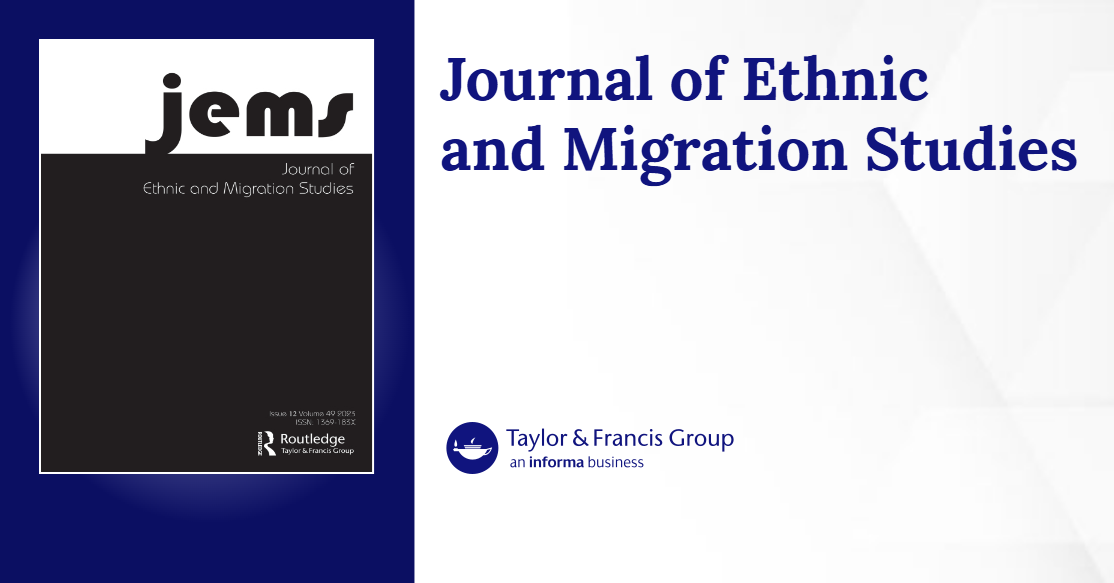The current focus worldwide on strengthening the digital economy through an expansion of digital work activities constitutes an important opening in terms of creating opportunities for refugees to earn a livelihood in transit countries, such as Indonesia. However, the actual opportunities are also critical in demonstrating the unfulfilled promises and negative consequences of refugee involvement in the digital economy. In Indonesia, where most refugees are in a protracted situation of transit but are not allowed to work, the digital economy has become an alternative means to help them become self-reliant.
This article aims to investigate the opportunities and constraints of digital work for refugees in Indonesia by utilising data from in-depth interviews with several refugees, care organisations and government agencies. Our findings indicate that the engagement of refugees in the digital economy has brought a transformative impact on their lives, offering them income-generating activities and even unlocking alternative pathways towards resettlement. However, this article suggests that the digital economy cannot be considered a solution for every refugee in Indonesia because technological developments also produce new forms of exclusion and exploitation.


